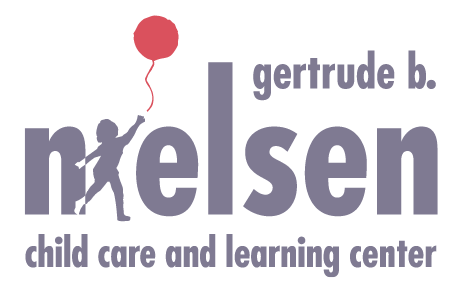As your child gains knowledge and experience, your child will make transitions throughout the school.
There are several considerations in moving a child from one age level program to another. Beside developmental and chronological age, they include:
- Available classroom spaces at the next level
- Classroom dynamics
- Gender balance
- Staff/Child ratios
- Child Care Center specific transition times
All of the programs throughout the school strive to meet each child’s individual needs and therefore each classroom has a range in chronological ages.
| Program | Age Ranges (Approximate) |
| Infant | 6 weeks- 15 months |
| Toddler I | 15 months- 2 or 2 ½ years |
| Toddler II | 2 or 2 ½ years – 3 or 3 ½ years |
| Preschool | 3 or 3 ½ years and older |
Multi-age Grouping
There is an impressive amount of research supporting multi-age grouping, which is healthy and natural for children. Multiage grouping provides a classroom flexibility to accommodate children at different levels of maturity and competency.
The Younger Children
Younger children are stimulated and motivated to learn through observing and interacting with older children in a multiage classroom. Younger children model social behaviors learning to take turns, delay gratification and resolve conflicts peacefully.
The Older Children
Older children internalize their knowledge and develop their skills by articulating and teaching what they know. The older children enjoy being helpful to their younger peers. This leads the older child to develop self-confidence and increase their self-esteem. All children will have the opportunity to experience what it is like to be the youngest, middle or oldest child in the classroom. This experience enhances empathy for others who may be older or younger than themselves.

